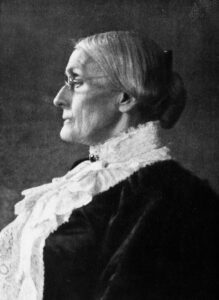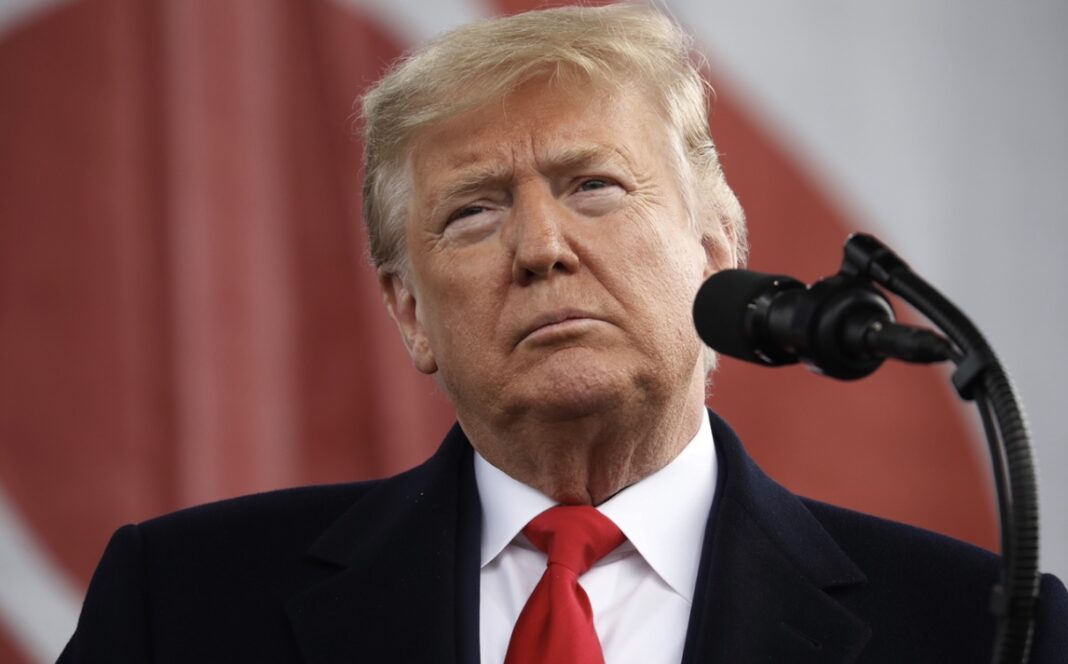WASHINGTON— On Tuesday, August 18, President Trump announced that he will give a posthumous pardon to Susan B. Anthony. August 18 also marked the 100th anniversary of the 1920 ratification of the 19th Amendement, also known as the Susan B. Anthony Amendement, which gave women the right to vote.

Susan B. Anthony (1820-1906) was an American women’s rights activist and anti-slavery pioneer. With Elizabeth Cady Stanton, Anthony played a pivotal role in the women’s suffrage movement.
In 1872, Anthony was arrested in Rochester, New York for violating laws that permitted only men to vote in the presidential election. Anthony was indicted, tried and convicted for voting illegally. Additionally, she had to pay a fine of $100 and court costs.
Anthony had stated that her trial was “the greatest judicial outrage history has ever recorded.”
“She was never pardoned, did you know that? She got a pardon for a lot of other women and she did not put her name on the list,” said President Trump at the White House.
Marjorie Jones Dannenfelser, President of the Susan B. Anthony List, stood by President Trump as he announced the pardon.
Dannenfelser later tweeted: “Susan B Anthony pardoned for illegally voting on 1872. Thank you @POTUS! She never paid the $100 fine. She created the model of how to fight for human rights.”
However, Deborah Hughes, president and CEO of the National Susan B. Anthony Museum and House in Rochester voiced dissent claiming that Susan B. Anthony would not have wanted the pardon.
The Twitter account for the Susan B. Anthony Museum stated: “Objection! Mr. President, Susan B. Anthony must decline your offer of a pardon today!”






